Serving as the requisite content for the relic weapons of Stormblood and Shadowbringers—as well as the upcoming expansion, Dawntrail—Final Fantasy XIV’s Field Operations are a strange beast to conquer.
They’re massive campaigns that span across multiple new areas that play by a different set of rules from the rest of FFXIV, making players adapt to a new framework in order to advance to the next stage. At a glance, they can be intimidating to engage with—but between all the exclusive mounts, unlockable hairstyles, and Glamour pieces, the rewards are more than worth the trouble of getting your foot in the door, even as a new player.
What are Field Operations in Final Fantasy XIV?
Field Operations—also referred to as Adventuring Forays—are self-contained modules of PVE content that play out in large quest zones. They have an entirely separate leveling system that isn’t affected by your actual level in any of the combat jobs (aside from the initial level prerequisite to unlock the zones in the first place).
Each Field Operation also has a unique set of powerful Duty Actions that are unavailable in normal gameplay. They can alter stats and provide healing, tanking, or damaging actions to roles that don’t usually have access to them, making solo play or unconventional party compositions much more viable.
Currently, there are two Field Operations you can unlock: The Forbidden Land, Eureka, and Save the Queen: Blades of Gunnhildr (most often referred to by players as simply Eureka and Bozja, respectively).
Both are also tied to the Relic Weapon set of its expansion, with Eureka having been introduced in Stormblood, while Bozja was implemented in Shadowbringers. You don’t need to create or advance a relic weapon is not required to progress the Field Operation storyline, but achieving major quest milestones is the only way to unlock additional weapon upgrade steps.
Each Field Operation has an armor progression system that operates alongside the weapon advancement. These are also optional, but they offer unique and powerful bonuses while inside the zones.
While each Field Operation has its own unique storyline and set of mechanics to adhere to, the baseline gameplay is the same: Complete FATE-like encounters within the zones to earn rewards while occasionally stopping in at hub areas to restock duty actions, trade in components, and open loot boxes. Once you reach the required in-zone level, proceed with the next story mission to unlock the next segment, then rinse and repeat.
How to get started with The Forbidden Land, Eureka in FFXIV
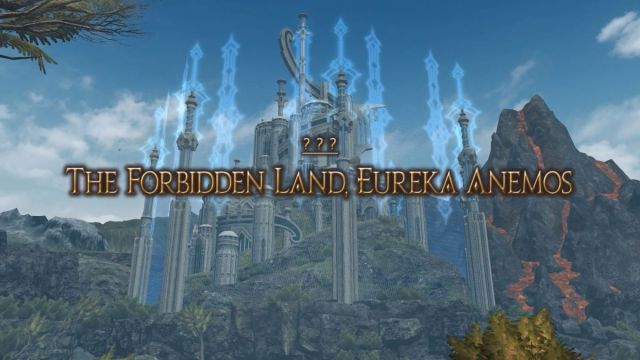
You unlock the Field Operation of Stormblood by finishing the main expansion MSQ. Head to the main tomestone exchange counter at Rhalgr’s Reach, where you will find a new blue quest named “And We Shall Call It Eureka.” This will lead you to Pier #1 in Kugane, the main entry point to the Eureka areas.
Upon arrival, your EXP bar is converted to the new in-zone leveling system—Elemental Levels. Unlike regular levels, it’s possible to lose Elemental experience points by dying and manually resetting to one of the player hubs. The reset penalty gets heftier the higher you get in level, and the only way to avoid it is to get revived by another player.
While you’re awarded Elemental level experience from defeating enemies normally within the zone, you will do the bulk of your leveling by completing your weekly Eureka challenge logs.
You’re also given an element affinity system more akin to single-player Final Fantasy games via the Magia Board. Every enemy within the Eureka zones will be aspected to a certain element, and the board lets you customize your own elemental aspect to be more effective against them.
When you first start the Eureka quests, your main focus will be to raise your Elemental level while collecting crystals used to upgrade your Eurekan gear and weapon. Protean Crystals are dropped from defeating regular enemies, while Anemos Crystals can only be obtained by defeating Notorious Monsters (NMs) in FATE-like encounters.
Unlike FATEs, NMs have to be manually spawned by defeating a large number of regular monsters that are specific to each one. They also have a spawn cooldown timer. There are no in-game indicators as to which mobs correspond to which NMs—or which ones are on cooldown—but you can use community-created online trackers to help stay on top a given instance.
Usually, one or two players will have that instance loaded into a tracker and Shout which NMs are up for spawning. You can either help with the spawning efforts or sit it out if your Elemental level isn’t high enough. If you intend to participate in an NM, let people know you’re on the way in Shout chat—the expected etiquette is to make sure that every prospective participant is present before engaging.
Overall, Eureka zones both require and expect player cooperation, so make sure to be courteous, communicate your intentions, and don’t be afraid to ask or answer questions.
How to get started with Save the Queen: Blades of Gunnhildr in FFXIV
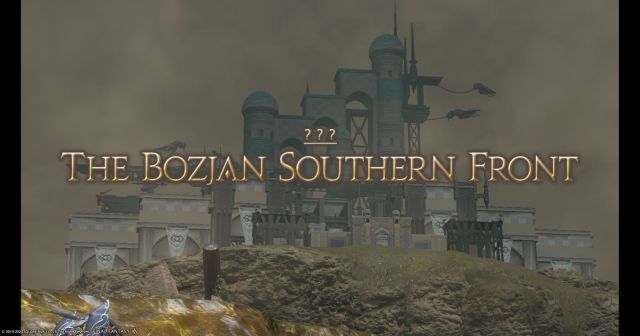
The Save the Queen Field Operation requires you to complete all three Stormblood Alliance Raids in the Return to Ivalice questline. Then, the quest “Hail to the Queen” in Kugane leads to the Doman Enclave and unlocks the teleport to Gangos, the main preparation hub for the Bozja zones.
For the most part, getting started in Bozja is much more intuitive than in Eureka: Poking around the first base camp in the Bozjan Southern Front and speaking to the Resistance Secretariat will tell you all you need to know about the Field Operation mechanics.
The downside is that there is no sense of cooperation or courtesy as is the norm in Eureka. You either get to a Skirmish in time—Bozja’s version of NMs—or you don’t. Being in a party can help you still earn full rewards from Skirmishes that you arrive late to, but parties form and disband at the drop of a hat.
This also means that there’s much less pressure on you to keep track of other players, so don’t be afraid to pick up a party—either by saying “lfg” in chat or inviting those who have—or leave one whenever you need.
While you’re more free to play at your own pace in Bozjan areas, Large-scale Assaults are cooperative experiences where you don’t want to be the weak link holding everyone back. As soon as you’ve unlocked Essences, have one active at all times when participating in engagements like Castrum Lacus Litore, Delubrum Reginae, and the Dalriada.


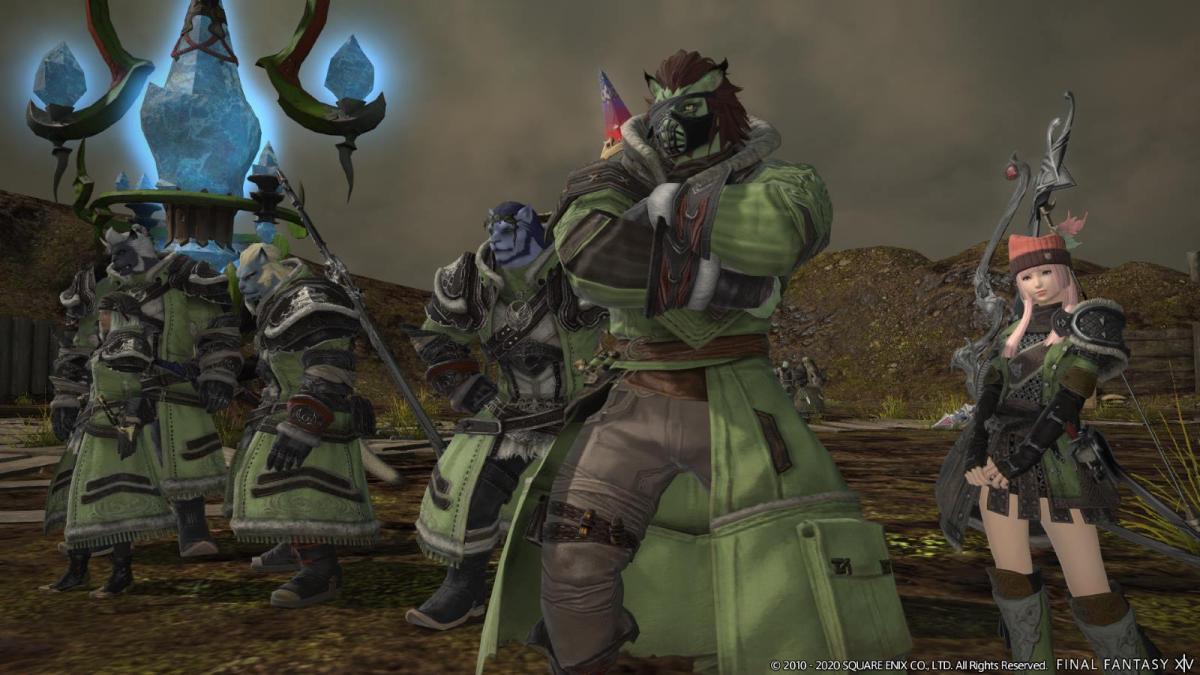

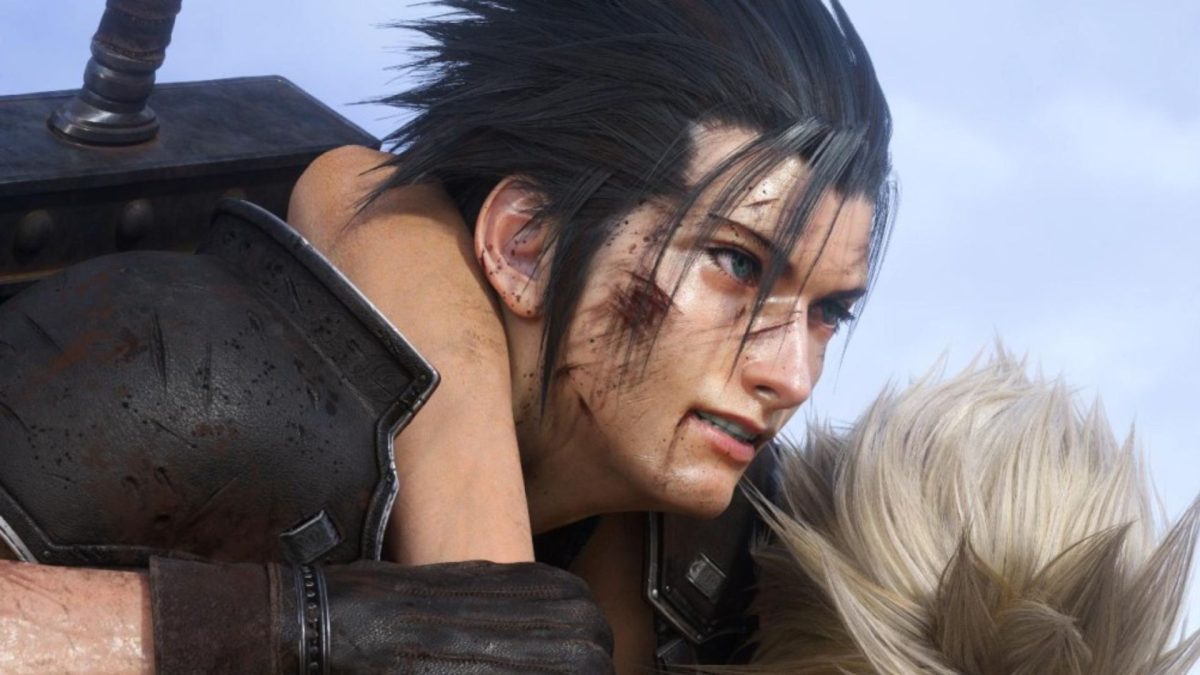
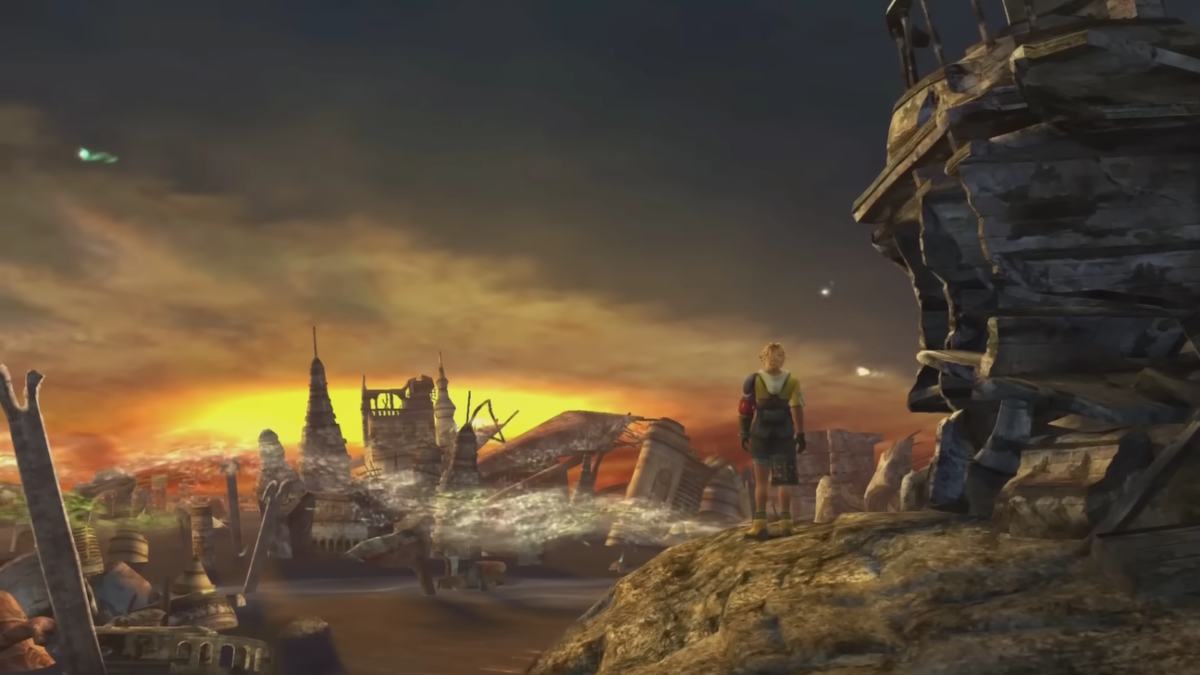
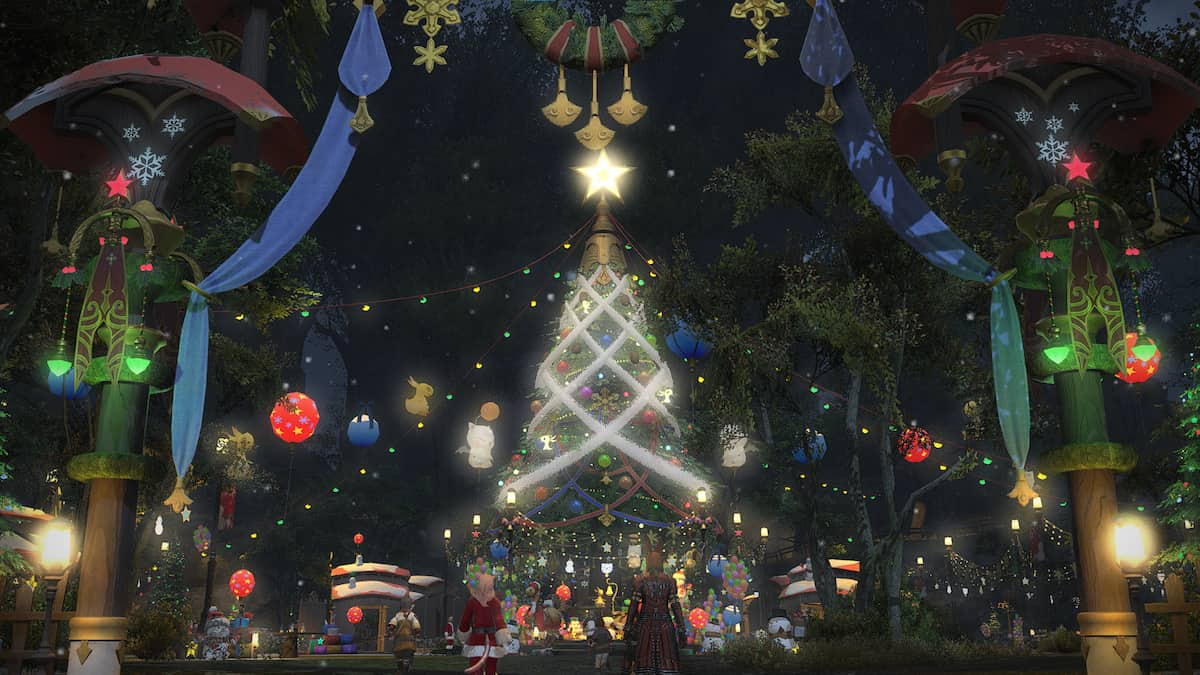
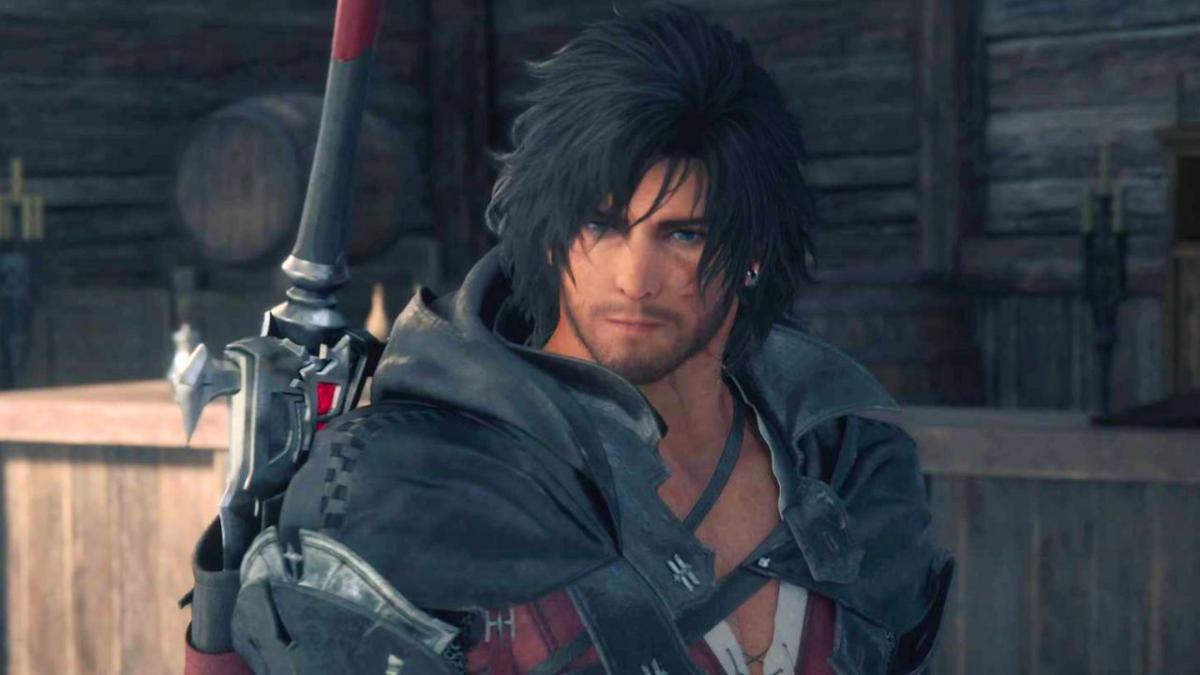
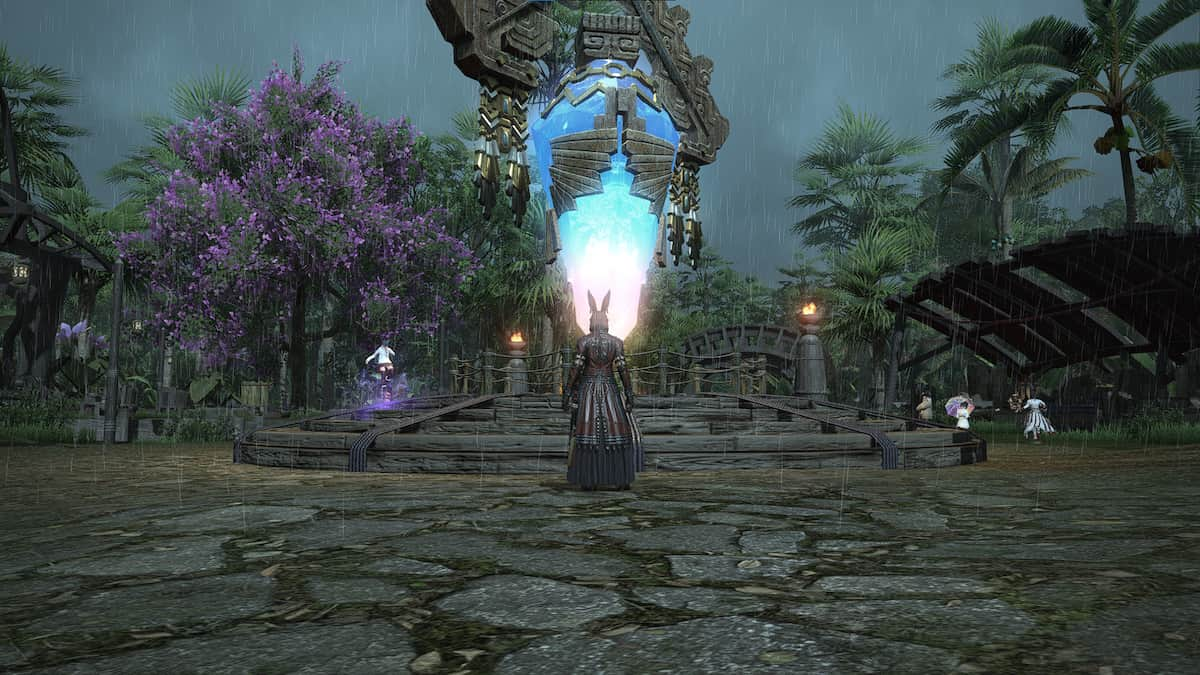

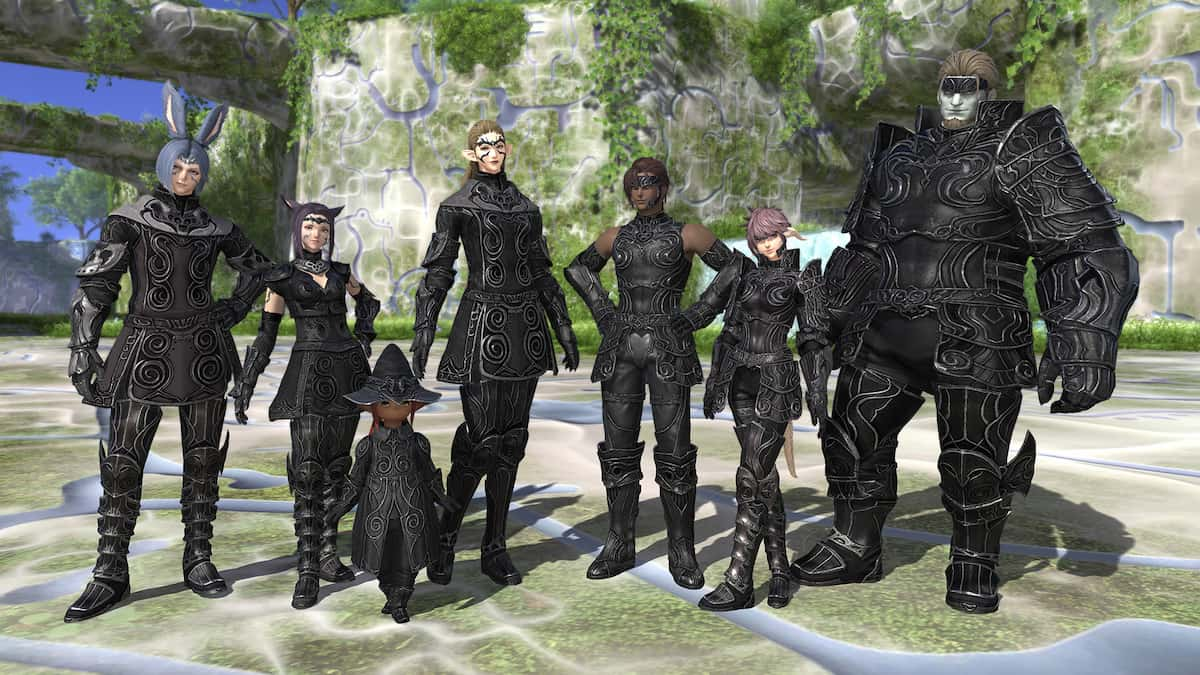
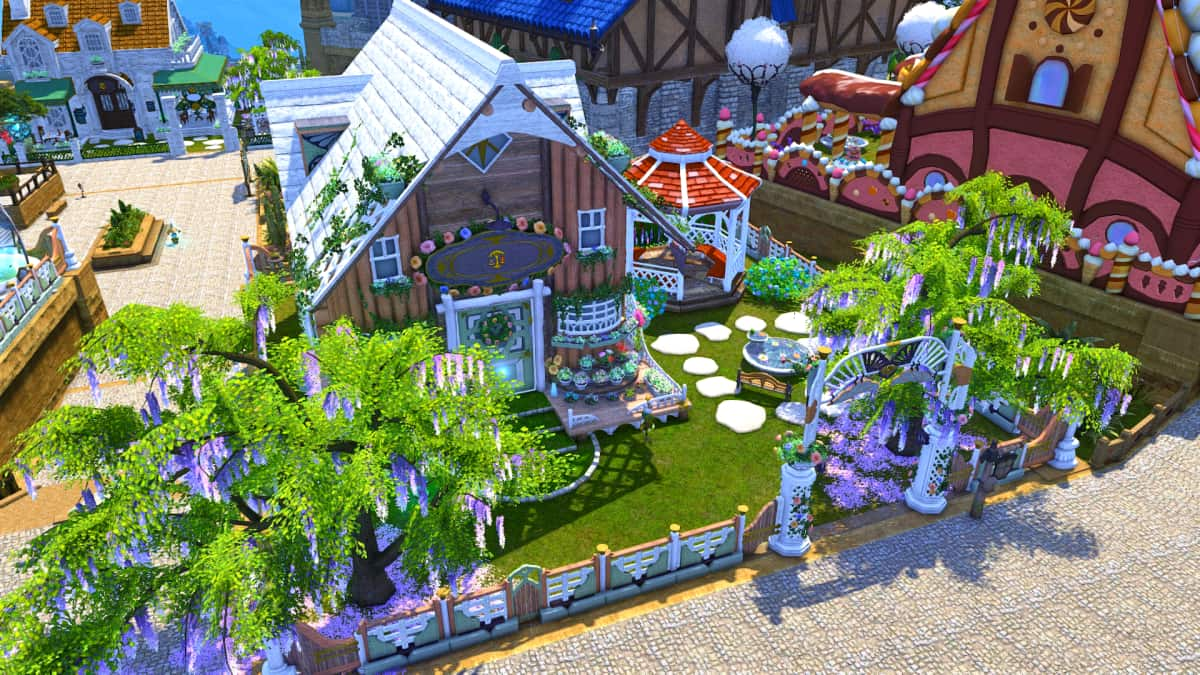

Published: Jun 8, 2024 09:11 am